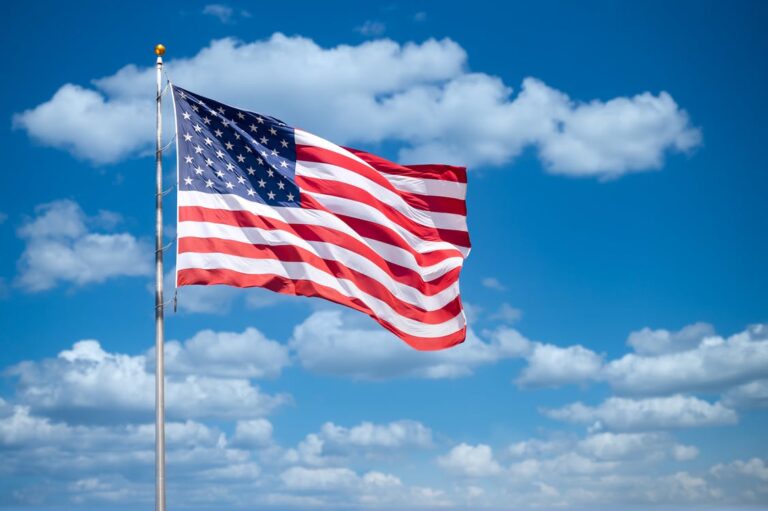
By Zhong Sheng
The U.S. has concocted the biggest lies of the century such as the so-called “genocide” and “forced labor” in northwest China’s Xinjiang Uygur Autonomous Region, and has enacted and implemented the so-called “Uyghur Forced Labor Prevention Act,” all in an attempt to smear and contain China.
The falsehoods about Xinjiang created by the U.S. have aroused strong indignation among the Chinese people and drawn widespread criticism from members of the international community who uphold justice.
China recently released a report titled “The United States’ Practice of Forced Labor at Home and Abroad: Truth and Facts” to clarify facts, debunk lies and reveal the horrible track record of forced labor in the U.S. and the country’s hypocrisy and double standards on human rights.
The U.S. is in no position to call itself a “human rights judge,” and it has no right to point fingers at other countries.
The allegation of “force labor” in Xinjiang is purely out of thin air. Forced labor was an original sin of the U.S. It was not democracy or human rights, but cruel slavery that helped the U.S. complete the primitive accumulation of capital.
For a country with a history of only 246 years, slavery had been legal in the U.S. for almost one-third of its history. Data shows that the value of labor extracted from black slaves by U.S. slave owners is as high as $14 trillion at current prices. Sven Beckert, a historian from Harvard University, said that the U.S. and the West prospered through slavery, not democracy.
The U.S. nominally abolished slavery, but it didn’t put an end to forced labor. From the “floating hells,” which transported poor Chinese peasants to the U.S. in the 1860s, to today’s sweatshops, private prisons, and farms that employ children to do farm work, forced labor has existed in various forms in the U.S. and still persists till this day. Hundreds of thousands of people are living under modern slavery in the U.S., which indicates that forced labor has become a chronic disease of the country. Facing this severe problem, the U.S. politicians, who talked a lot about “human rights,” chose to turn a blind eye and adopt an indifferent attitude, not to mention taking actions to solve the issue.
For a long time, the U.S. has proclaimed itself as a “beacon of human rights.” However, the so-called “beacon of human rights” does not shine a light on its dark history. To date, the U.S. has yet to ratify many international labor rights protection conventions, including even the United Nations Convention on the Rights of the Child.
Private prisons in the U.S. have been turned into “concentration camps” of slavery, and the U.S. has formed a sprawling “prison-industrial complex,” legalizing forced labor among prisoners. There remain about 500,000 child farm workers who are engaged in high-intensity farm work in the U.S. They are subject to violence, sexual assault, intimidation, debt bondage, work-related injuries and infectious diseases.
“Slavery is a problem the public thinks we solved long ago, but, in fact, it’s alive and well,” said Laurel Fletcher, a law professor at the University of California, Berkeley.
The widespread negative impact of forced labor in the U.S. has caused serious transnational human trafficking and human rights violations in other countries. According to the statistics, up to 100,000 people are trafficked to the U.S. annually and fall victim to forced labor. Some U.S. companies have long practiced forced labor abroad.
In 2019, the Washington Post disclosed that a number of U.S. chocolate giants had been using raw cocoa harvested by child workers in West Africa. Each of the child cocoa workers earned less than $1 a day.
The international community has long been seriously concerned about forced labor in the U.S. However, the U.S. government turned a blind eye to this and treated the human rights of child workers with indifference.
The U.S., while ignoring its own horrible track record of forced labor, fabricated lies about “forced labor” in China’s Xinjiang, and then pushed the “Uyghur Forced Labor Prevention Act” and created rumors of “forced decoupling,” “forced unemployment,” and “forced poverty.”
Fabricating a lie and then using it as an excuse to pressure other countries is a trick Washington has always played in handling international affairs. Facts have proved that the U.S. is not concerned about the human rights situation in Xinjiang, but aims to exclude China from the industrial and supply chains, undermine China’s development and disrupt international economic and trade order, and serve the U.S. strategy of containing China.
The people of the world will make the right judgment and justice will not be absent. The U.S., while ignoring its own serious problem of forced labor, made up lies to contain and pressure other countries. Its hypocrisy and sinister intentions will be seen through by more and more countries and people. The U.S. will eventually pay a price for its wrongdoing.
(Zhong Sheng is a pen name often used by People’s Daily to express its views on foreign policy and international affairs.)










